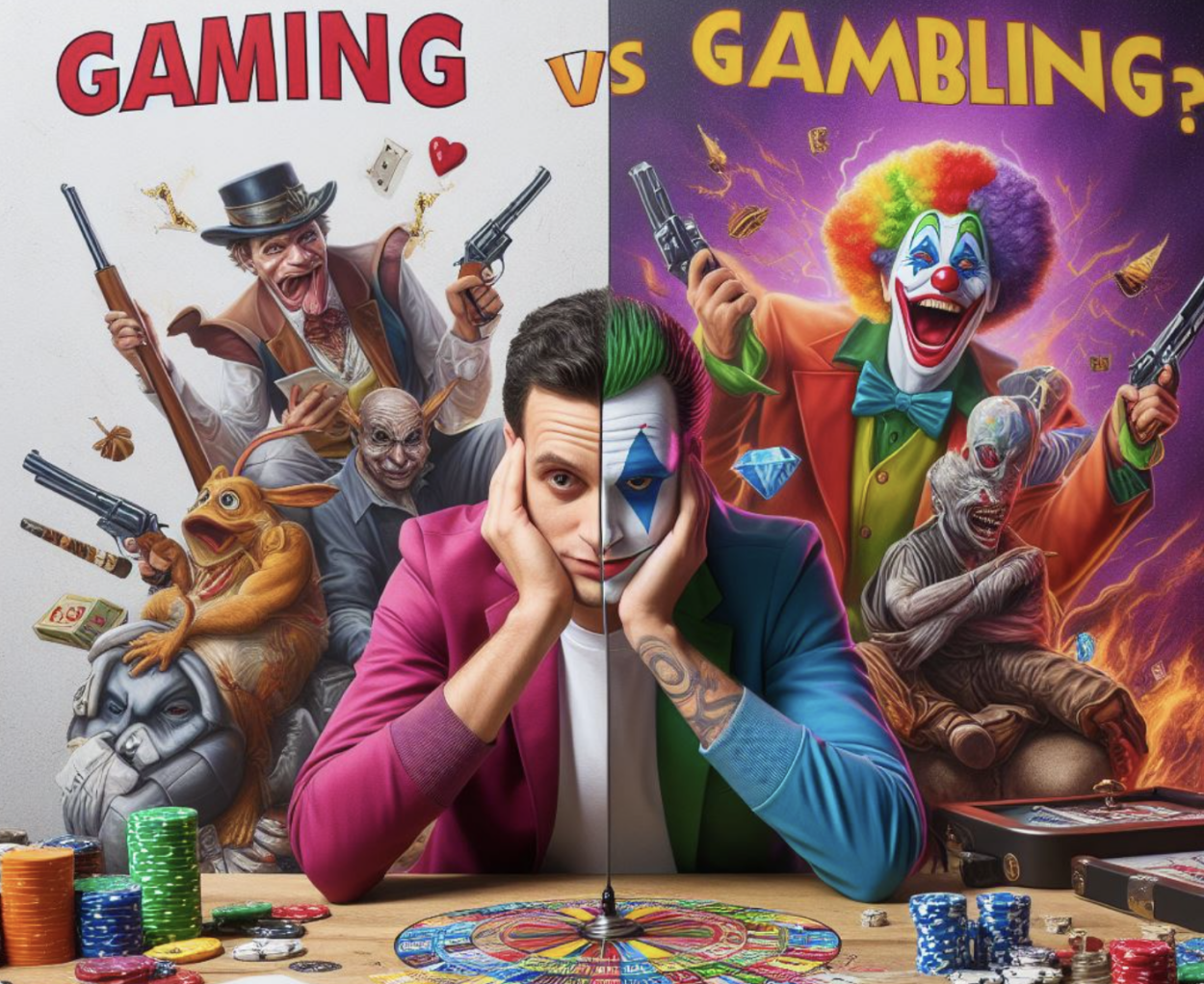In today’s digital age, the line between gaming and gambling is increasingly blurred. This article explores the convergence of gaming and gambling, highlighting the signs that indicate when engaging in these activities shifts from being a source of entertainment to a form of addictive behavior.
- Understanding the Convergence
The convergence of gaming and gambling is primarily seen in the structure and rewards system of certain games. For instance, loot boxes in video games, which offer random rewards in exchange for money or significant time investment, closely resemble gambling. The anticipation and uncertainty of rewards in these games activate the brain’s reward system, similar to gambling, potentially leading to habit formation and addiction.
- Recognizing the Signs of Addiction
Addiction, whether it’s related to gaming or gambling, generally involves a loss of control, preoccupation with the activity, and continued engagement despite negative consequences. Signs of addiction include neglecting responsibilities, social withdrawal, mood swings related to gaming or gambling activities, and financial issues stemming from these pursuits. When gaming or gambling starts to take precedence over work, relationships, and health, it’s time to reassess the situation.
- The Role of Dopamine
Both gaming and gambling trigger the release of dopamine, a neurotransmitter associated with pleasure and reward. The unpredictable reward schedules in gambling and certain video games lead to a dopamine-driven feedback loop, compelling players to continue engaging in the activity. Over time, the brain may start requiring more stimulation to produce the same pleasure response, contributing to the cycle of addiction.
- Psychological and Social Factors
Various psychological and social factors can contribute to the transition from gaming or gambling as leisure activities to problematic behaviors. These may include low self-esteem, stress, social isolation, or the presence of other mental health issues. The social aspect of gaming and gambling, such as online communities or peer pressure, can also reinforce and normalize excessive engagement in these activities.
- Mitigating Risks and Seeking Help
Awareness and education about the potential risks associated with gaming and gambling are crucial. Recognizing the signs of addiction and seeking professional help are vital steps for individuals who find themselves or their loved ones caught in the cycle of compulsive gaming or gambling.




Leave a Comment